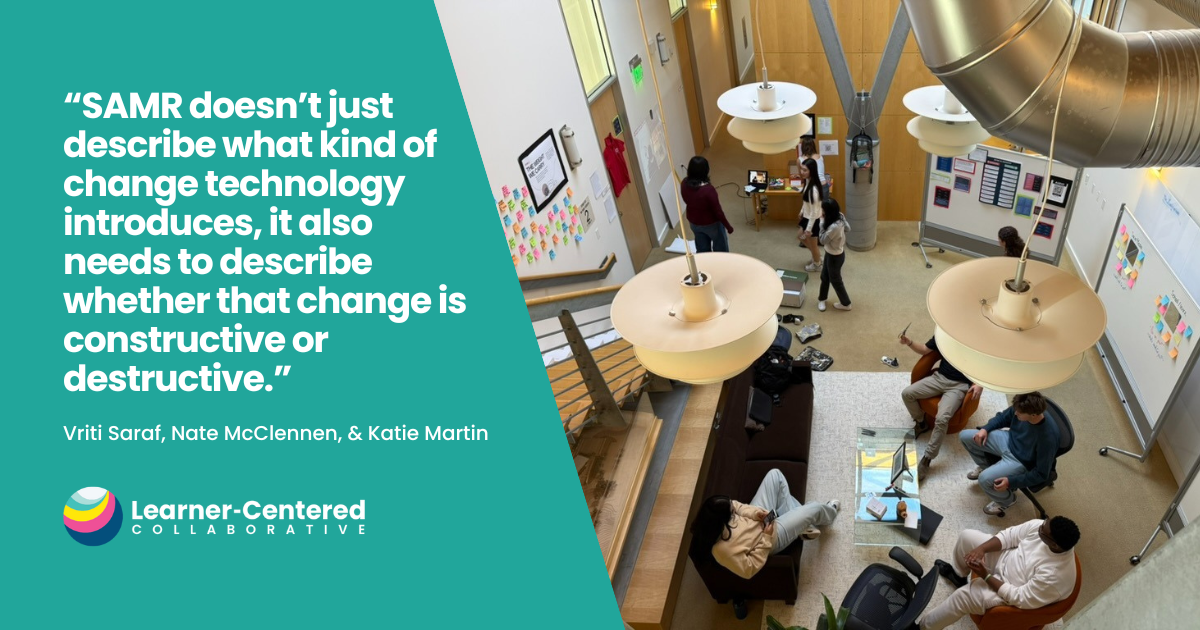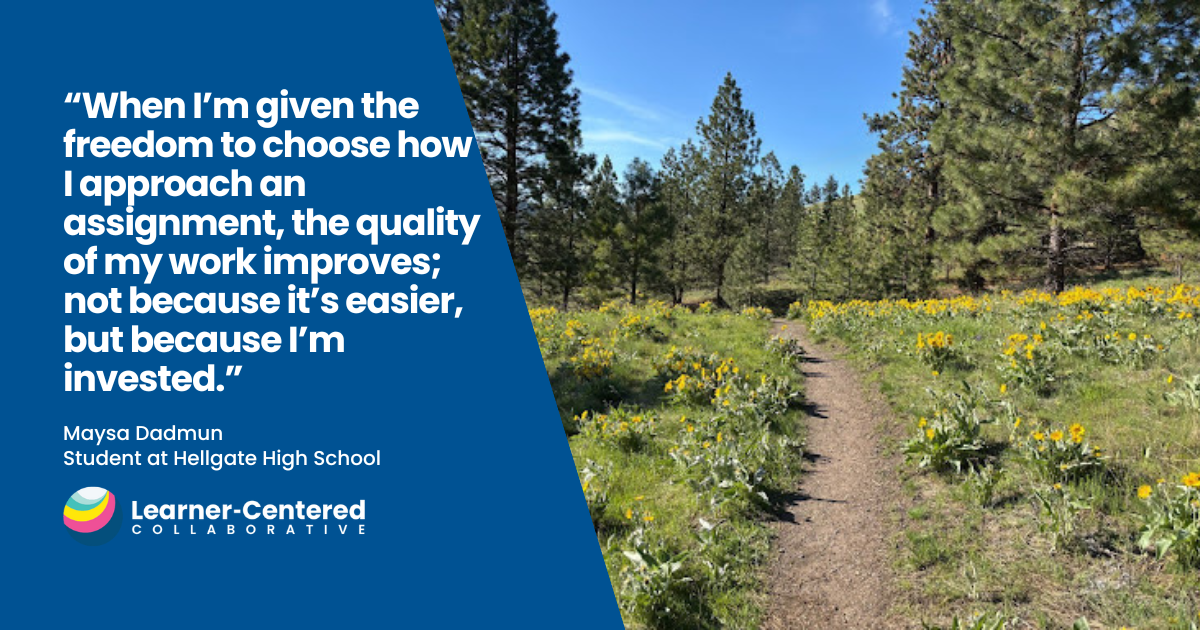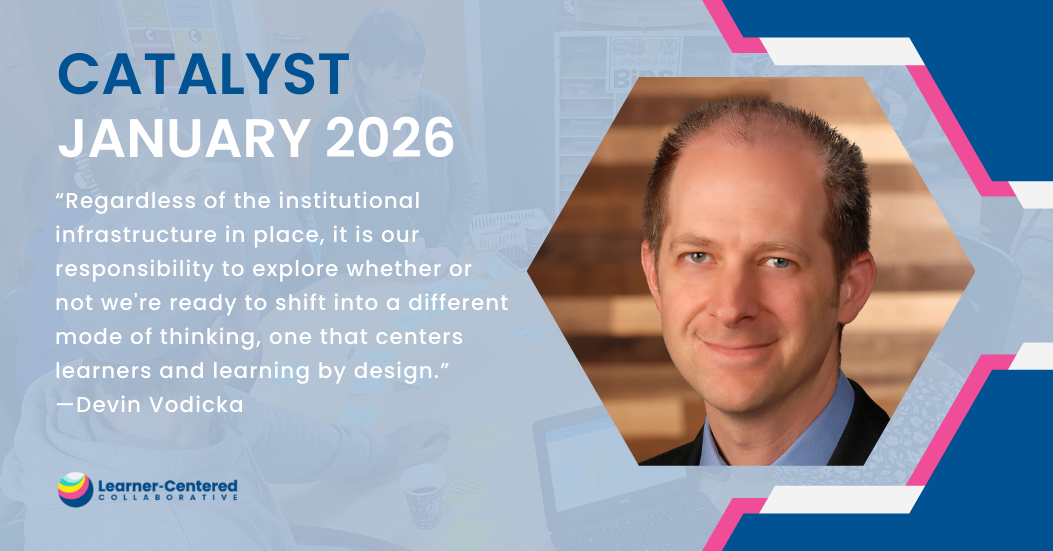Episode 20: This is What Happens When Everyone Gets an “A” with Monte Syrie
By loading this video, you agree to the privacy policy of Youtube.
Episode Summary:
On the first day of his 20th year as an English teacher, Monte Syrie greeted each learner with a handmade, wooden “A” and told them: “This is your A for the year. No matter what, there is nothing that you can do to change that.”
Eight years later, the practice continues.
To learn more about Monte, why he gave up on grading back in 2016, the impact it’s had on his learners, and why he is feeling broken as an educator, tune-in to this episode.
You’ll hear Monte share:
- 🧑🏫 How having teachers who treated him like a human inspired him to become a teacher.
- 💡 Why taking grades off the table revealed the importance of teacher-student relationships and two-way feedback.
- 🤔 Why he feels “broken” by the status quo emphasis on compliance rather than meaningful learning.
- 🎯 The importance of rethinking the purpose of schools, focusing on student growth and community over sifting, sorting, and labeling.
- 🙌 His overall commitment to smiles, connections, and fighting for change in education.
Related Resources:
- Project 180: One Teacher’s Journey to Turn Grading Upside Down (Edutopia).
Jump into your time machine back to August 2016 when Monte first implemented his no grading strategy. - Why Do Grades Hold So Much Power Over Our Children’s Futures? (Education Reimagined).
Learn about an abbreviated history of letter grades and whether or not that history lines up with what we hope to achieve in education today. - Use Assessment as a Tool for Learning (LCC Online Course).
Ready to rethink your assessment strategy? Check out our course on competency-based, feedback-focused assessment.


